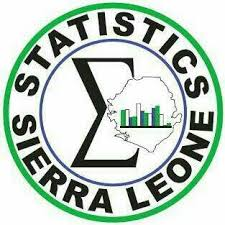By Lawrence Williams
Statistics Sierra Leone (Stats SL) has begun preparations to conduct the first-ever Informal Cross Border Trade (ICBT) survey. This survey aims to gather vital data on informal trade transactions that occur between residents and non-residents across the economic boundaries of Sierra Leone.
The ICBT survey is a crucial undertaking as it seeks to capture essential information that is often overlooked or underrepresented in official trade statistics. The survey will cover eight border districts considered as key entry and exit points for informal cross-border trade activities in the country, namely: Kambia, Karene, Falaba, Koinadugu, Kono, Kailahun, Kenema, and Pujehun.
To ensure the accuracy and reliability of the survey data, Stats SL this week organised a five-day training program for supervisors and enumerators at the New Sella Spot in Freetown. The training, which will be completed on Friday, would equip participants with the necessary knowledge and skills to effectively collect and record data on informal cross-border trade. The training sessions cover various aspects of the survey, including data collection methodology, best practices, and ethical considerations.
The ICBT survey will involve collecting data on various parameters related to informal cross-border trade, such as the types of goods and services traded, their values, the frequency of transactions, and the socio-economic characteristics of traders. The survey will also explore the challenges and opportunities faced by informal cross-border traders.
The data collected through the ICBT survey will be analyzed and disseminated to policymakers, researchers, and other stakeholders. The findings of the survey are expected to contribute to a better understanding of the informal cross-border trade sector in Sierra Leone and inform policy interventions aimed at supporting and regulating this vital economic corridor.
The conduct of the ICBT survey underscores the need to have credible and comprehensive data for national development. The survey, experts say, would provide valuable insights on an often-overlooked aspect of Sierra Leone’s economy, contribute to evidence-based policymaking, and support the country’s efforts towards achieving sustainable economic growth and development.




